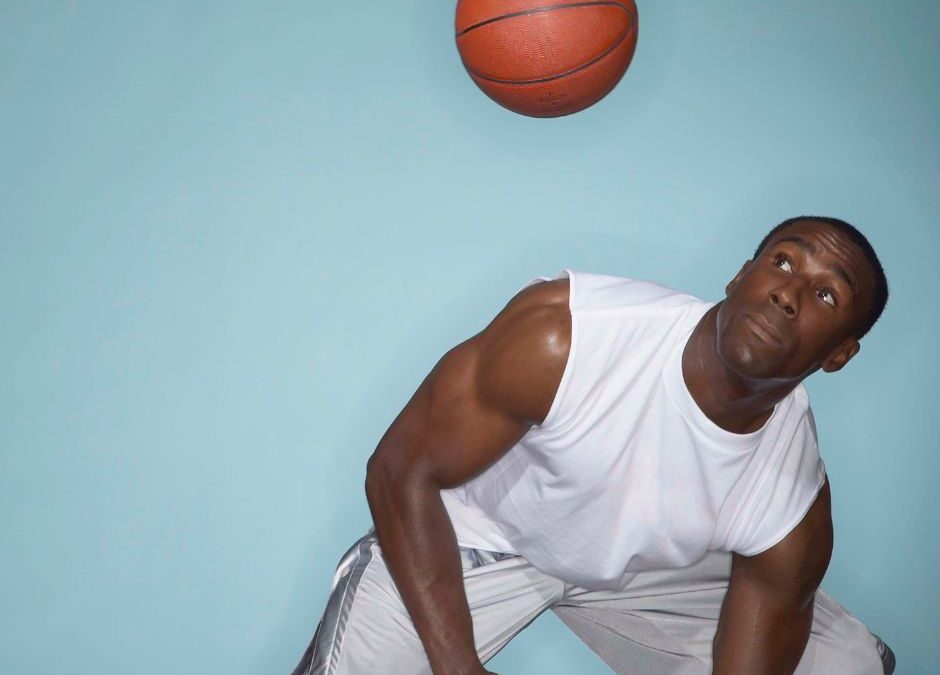Resilience Rehearsals That Make You Stronger
Author: Mary Naish, Acaria Associate
The need for resilience is something that we all have in common, and that we all have to varying degrees. As we navigate life’s twists & turns – both personally and professionally – it is helpful to learn about what resilience is and how we can develop, or enhance our personal levels of this highly sought after trait.
I usually start my Resilience workshops by asking participants what Resilience means to them, and who optimises resilience in their eyes. I do this for a variety of reasons: It’s a gentle ice breaker; it illustrates the subtle differences of perspective there are around this subject, so it starts to build psychological safety “in the room”. It also encourages individuals to describe what is important to them, and gets them focused on their end goal. It’s not a one size fits all approach. It is an individual lead approach.
Harvard Medical School has created a whole programme around Stress Management and Resilience training, or SMART training, which I completed in 2018 and underpins the work I do. The focus of the programme is around understanding & managing stress to increase resilience. Their definition of Resilience is: “Coping with Stress in a Positive way”.
That is not to say that all stress is bad. The emphasis is more about your response to stress, and often your perception of stress, which is important. If you are one of those people who thrives on a deadline or a high pressure event, you are already utilising stress in a positive way. Physically, when we experience stress our bodies release hormones like adrenaline and cortisol, which raise our heart rate, and blood pressure and prepare the body for fight or flight. Athletes work on harnessing these stress hormones, and channelling them into their performance to give them a positive advantage. Exercise, and in particular strength training puts the body under so much pressure that it causes tiny muscle tears. It is through the healthing & repair of these tears that strength is built. That for me, is the perfect metaphor for Resilience: It is through the stresses & challenges of life that we become stronger. Even if we don’t always feel it at the time!
Resilience is not the absence of stress or struggle. Resilience is the ability to adapt and grow following adversity.
Interestingly Harvard Business School has a totally different definition. It defines Resilience as “ The ability to bounce back from setbacks”. So does this mean resilience is context specific? I think so. I think it is personal, and context specific. I also think Resilience can be seen as a set of traits and skills, and each different challenge requires a different skill in order to achieve a positive outcome.
As of yet, there is no single accepted set of components of Resilience, but in my workshops & one to one coaching, I like to work on developing the following skills:
● Composure & Self Regulation
● Self Reliance
● Adaptability
● Perseverance
● Optimism
● Bounce-back ability
Current research shows that most of these skills can be learnt and developed to some extent, meaning we can all become more resilient with time and effort.
The next time you are in a challenging situation, you can begin to develop these skills by asking yourself “ what does resilience look like now?”. Try to ask the question with a spirit of openness and curiosity. Try to think of the skills you need in that moment, & try to picture the answer, or imagine the ideal outcome with as much detail as possible. By doing this you are utilising a technique known as mental rehearsal – i.e. mentally walking through whatever it is you are about to experience (e.g. staying calm & thinking before you speak in a stressful situation) – this has been found to help people cultivate a solution focused approach when faced with challenges, which is more likely to help you navigate the issue more effectively, and yes – become more resilient.
You can find more information on how to use this approach in this article Mental Rehearsal in Sport – IresearchNet.
Mary is a BSc in Physiotherapy, a qualified Pilates & therapeutic Yoga instructor, and has spent the last 10 years working as a Wellbeing Practitioner and Coach. You can contact her via info@acariaconsulting.com.

